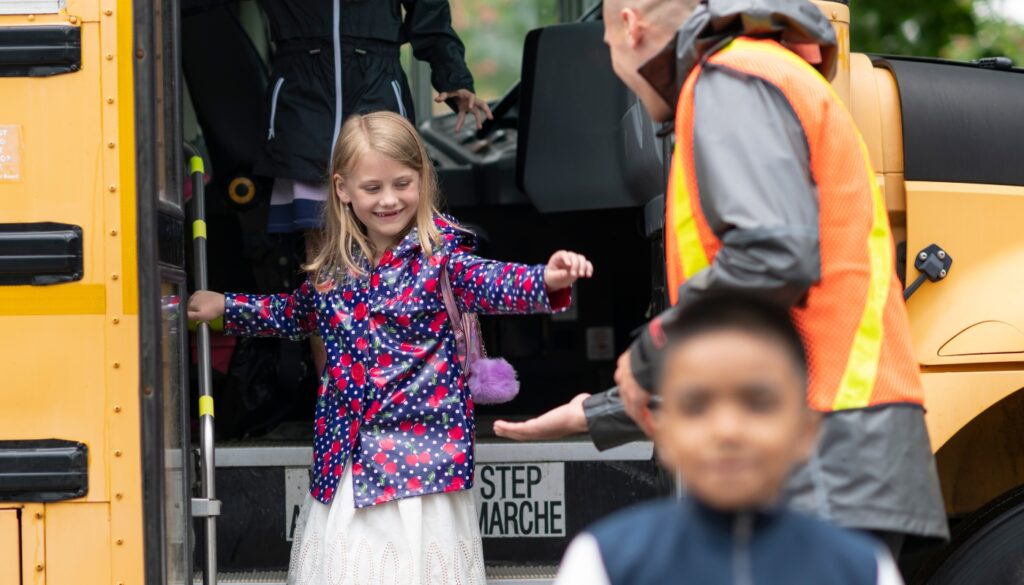Education plays a crucial role in promoting the intellectual, emotional, and developmental health and safety of children and adolescents. Childhood cancer survivors often feel like a healthier version of themselves when reunited with friends and returning to the regular routine of school. However, survivors may face unique challenges due to physical, emotional, and/or neuropsychological challenges related to their treatment. To support survivors and their families, it is important to educate them about typical developmental milestones, potential challenges, and the assistance available to help them navigate their academic journey.

By the time childhood cancer treatment is completed, parents often feel that they have perfected parental advocacy in the medical community. Transitioning from advocacy in the hospital to advocacy in the academic environment can be difficult, as parents often want to continue to rely on the methods that have worked so well to support their children medically. The academic landscape differs from the hospital and depends on different processes and available options. Parents may need to familiarize themselves with programs created by the federal government or by their child’s school system and develop new strategies. Parents may need to encourage collaboration between their child’s medical team and academia to address issues that accommodate their child. Parents are their child’s strongest resource, and often must strongly advocate a method effective in the school setting to ensure that their survivor receives the best support and accommodations in school.
By the time childhood cancer treatment is completed, parents often feel that they have perfected parental advocacy in the medical community. Transitioning from advocacy in the hospital to advocacy in the academic environment can be difficult, as parents often want to continue to rely on the methods that have worked so well to support their children medically. The academic landscape differs from the hospital and depends on different processes and available options. Parents may need to familiarize themselves with programs created by the federal government or by their child’s school system and develop new strategies. Parents may need to encourage collaboration between their child’s medical team and academia to address issues that accommodate their child. Parents are their child’s strongest resource, and often must strongly advocate a method effective in the school setting to ensure that their survivor receives the best support and accommodations in school.
